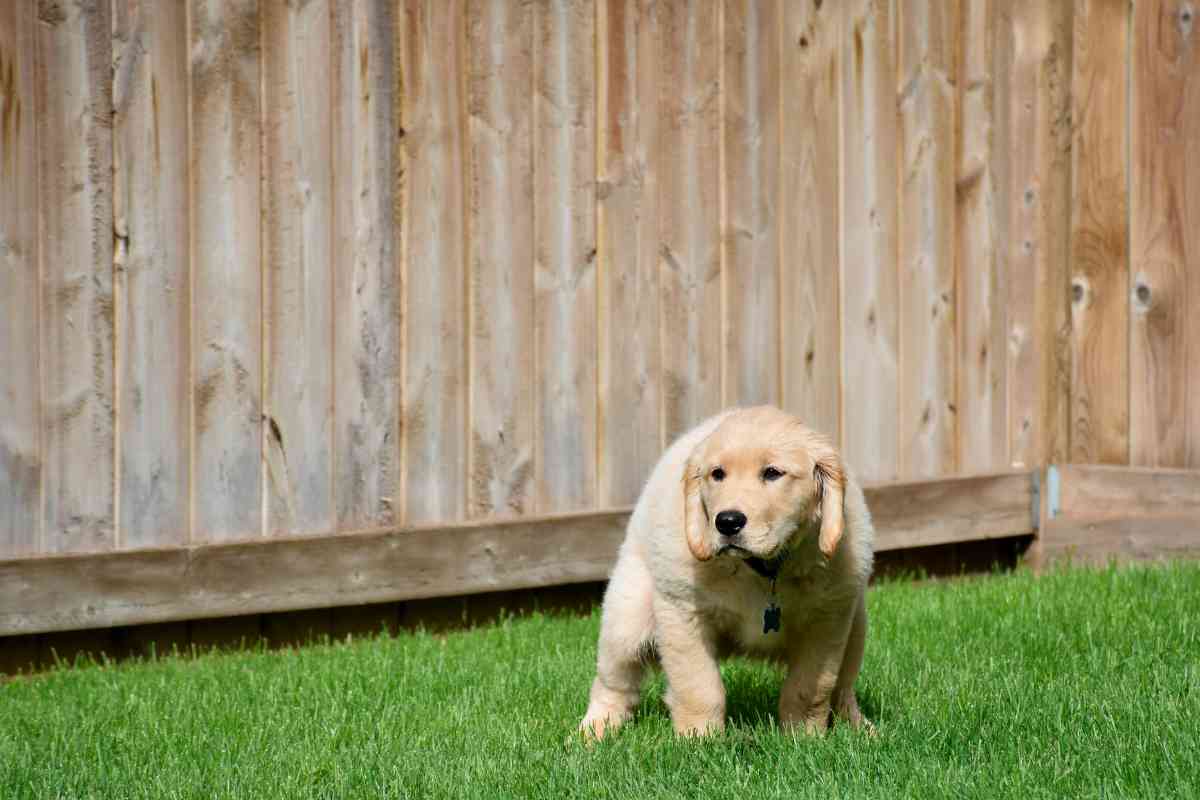How Long Will My Puppy Have Diarrhea After Deworming?
Deworming is an essential process for a young puppy to eliminate worms in your dog’s body. But how long will my puppy have diarrhea after deworming?

How long will my puppy have diarrhea after deworming?
Your puppy will, in most cases, have diarrhea after deworming for one to two days. After this, everything should return to normal, and your puppy’s stool will become firmer. If this does not normalize, something is wrong, and you should take them to a vet.
To find relevant information about worms in puppies, we interviewed different vets. We questioned them on the basics each pet parent should be aware of when it comes to worms and their puppy. We compiled helpful information on the various worms that affect puppies, how puppies contract these worms, and the best way to deworm your canine companion.
Worms in Puppies

Worms and parasites are frequent problems that veterinarians deal with. Infections come in various forms and can affect both pups and dogs. This might involve tapeworms, hookworms, whipworms, Coccidia, and roundworms.
Based on the kind of infection the dog has, your veterinarian can advise you on the best deworming treatment.
An inspection of the puppy and a fecal sample are frequently used to determine this. It’s essential to consult your dog’s veterinarian before administering any treatment.
It is also essential to take the puppy to the veterinarian for a stool test if you see signs of lethargy, weight loss, runny stool, or unusual fur color.
Common Worms Found in Puppies
Worms and parasites can be a problem in young puppies. They are more prone to these infections because their immunities are not yet developed.
Some of these worms are passed from the uterus or their mother’s milk.
There is a wide variety of worms that can infect your puppy. Some of these most common ones include:

Tapeworms
If the puppy has eaten a bug or a mouse, they might be infected with these tapeworms. These worms seldom cause clinical signs; however, they are frequently identified in the feces or infected puppy’s rectum.
Hookworms
Small worms called hookworms adhere to the intestinal tract of dogs and take up their blood and nutrition. A hookworm infection might kill the puppy or result in severe anemia when left untreated for an extended period.
It can result in pups losing their appetite and weight, diarrhea, lethargy, anemia, and low energy.
Coccidia
Puppies adopted from pet shops or puppy mill facilities may develop these parasites. They frequently induce bloody diarrhea, resulting in dehydration, anemia, and even death.
Because older dogs have strong protection against this type of parasite, they often do not develop this ailment.
Roundworms
Most puppies are born with roundworms or ascarids already in their systems. The main reason is that the larvae of the worms are in the dam’s milk or the uterus.
So, that is how they transfer to the puppy. In pups, roundworms frequently result in weight loss, bloating, diarrhea, and increased hunger.
In severe infections, the worms can be seen in the puppy’s stool, or they may even vomit the worms.
Whipworms
These thread-like worms live in the puppy’s big intestine. Moreover, they may cause symptoms such as bloody stools, loss of appetite, and weight loss.
Malnutrition and anemia result from the worm’s capacity to consume all the blood and nutrients in the puppy’s large intestine.
They are among the most challenging dog worms to identify since they require several fecal samples to be examined under a microscope. They must be detected early before a full-blown infestation because they are the hardest worms to cure and can be fatal to your puppy.
Ways Your Puppy Gets Worms
Some of the most common ways that most puppies get worms include:
Animal Carcasses
The eggs can be consumed by creatures like rats, birds, and rabbits, which can then transmit the disease to the canine pet when they eat the little animal.
Sometimes tapeworms can go on to another host after being consumed by the dog. Because of this, it’s crucial to keep an eye on your dog and discourage them from scavenging for animal remains.
Soil

The dog usually excretes the eggs or larvae of most worms through their feces. It’s possible that they are mixed with soil and can live for several years.
So, when other dogs come and consume, the soil can become infected, mainly if they are out for a stroll in the park.
Pregnancy and Breastfeeding
Even before your puppy is born, the placenta contains the larvae of roundworms and might pass them to the puppy. The larvae might infect the pups during breastfeeding through the dam’s milk.
Fleas
Many different types of tapeworms may be found in the bodies of fleas. If your dog consumes fleas, they may become infected with the worms.
Deworming Treatment and Schedule for Your Puppy
Once you notice worms in your puppy or dog, you should take them to the vet. They will get tested and a treatment prescribed for them.
The puppy’s age and the medication prescribed will determine the deworming regimen. To completely eradicate worms such as roundworm or hookworm pups should get up to three treatments every two to three weeks.
Depending on the kind of worm or parasite seen under a microscope in the feces, it differs for adult dogs. Remember that heartworm preventatives are excellent at eliminating roundworms, hookworms, and whipworms in addition to preventing them.
Typically, pregnant dogs are not seen by vets till after they deliver. Despite how frequently mature dogs get treatment for roundworms, most pups will still be born with them.
Ensure that you follow the dosage and recommended measures suggested by the vet to ensure your dog is free from worms and parasites and mitigate future infection. This is crucial especially given the persistent nature of some worms, such as whipworms.
Key Takeaways
- Always be on the lookout for signs and symptoms of worms in your puppy. The most common symptoms include weight loss, change of fur color, loss of appetite, and diarrhea.
- The best way to treat worms is to take care of them early on before they get out of hand. Some worms, such as whipworms, can be fatal to your puppy, especially when left untreated for a long time.
- If you notice signs that your puppy might be infected with worms, do not just start a deworming treatment. Take them to the vet so they can get tested, and you can recommend the medication to use.
- Ask your vet to recommend the medication you will be using for future deworming and the timeline at which to do it.
- If diarrhea after deworming prolongs too much, consult your vet.